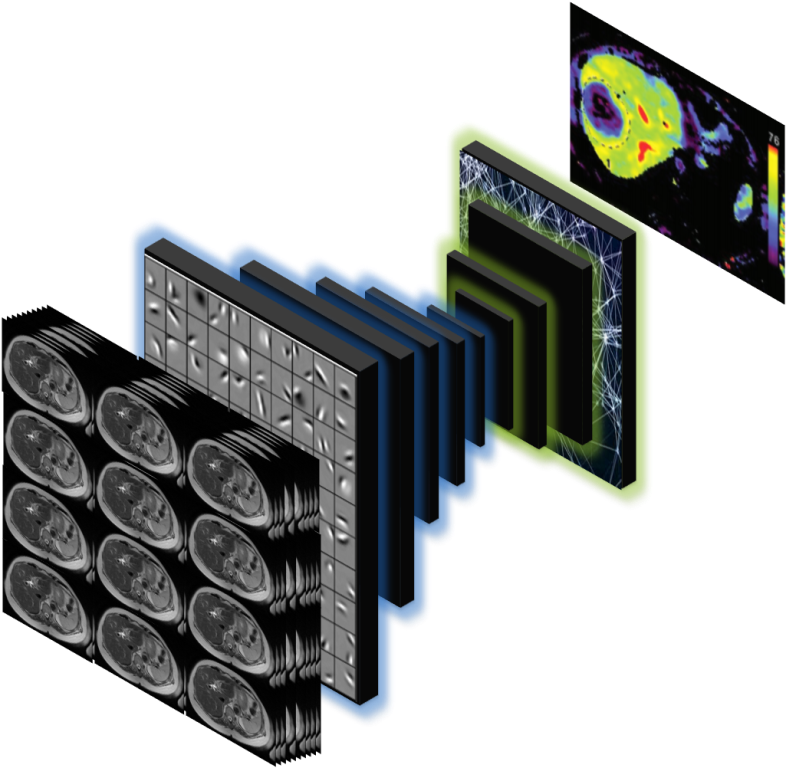Liver cancer response prediction using deep learning
The computer-assisted analysis for better interpreting images have been longstanding issues in the medical imaging field. On the image-understanding front, recent advances in machine learning, especially, in the way of deep learning, have made a big leap to help identify, classify, and quantify patterns in medical images. In that way, deep learning is rapidly proving to be the state-of-the-art foundation, achieving enhanced performances in various medical applications.
In the NKI patients with oligo-metastatic breast cancer, defined as a maximum of 3 metastatic lesions, are treated with systemic therapy following local therapy of the primary tumor and all detected metastatic lesions. About 25% of the patients referred to the NKI with oligo-metastatic breast cancer have metastases in the liver. Accurate imaging of the liver during and following systemic therapy is crucial for optimal selection of patients eligible for surgical resection and preparation of a surgical plan. During chemotherapy lesions may show complete response histologically (after surgery) while MRI scans still show tumor lesions prior to surgery. Thus, these patients undergo futile surgery.
With this research, we aim to design and develop a deep learning-based algorithm to predict the response to chemotherapy by analyzing series of MRI scans and estimating the size of lesions during and after systemic therapy. Such an algorithm should prevent futile surgery. Patients have serial liver MRI exams: pre-treatment baseline MRI, MRI exams after 3 courses of therapy, and MRI after completing the systemic therapy.
Prerequisites
- Enthusiastic Master student in electrical engineering, biomedical engineering, computer science, technical medicine or a related field
- A good team player with excellent communication skills
- A creative solution-finder
Duration: 10 weeks (M2) or 40 weeks (M3)
Start date: a.s.a.p.

